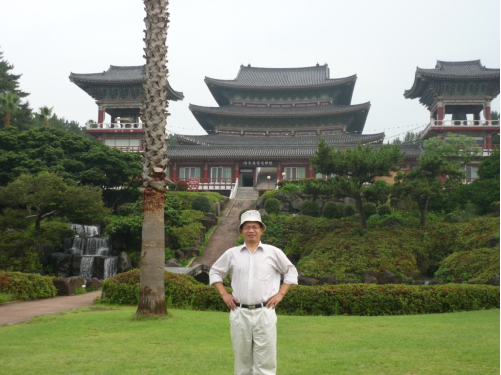Liang Dijian

Liang Dijian, male, born in 1963, native of Lianyuan City, Hunan Province, associate professor, department-level, master supervisor of first-class discipline of law, is mainly engaged in the teaching and scientific research of land, mining, environment, evidence law, economic law and judicial document writing. So far, he has completed more than 20 scientific research projects supported by the Ministry of Land and Resources, Ministry of Education, and the government, enterprises and universities of Hubei Province, Hunan Province and Shenzhen City, has authored, edited, reviewed and co-edited more than 20 works, including Land Law, New Rural Environmental Law of China, International Law, Economic Law and Administrative Law, and has published more than 30 papers in important journals at home and abroad. He has been invited to give lectures, diagnosis and legal advice to the government, schools and enterprises for many times. Among them, his suggestions on building a government ruled by law, a responsible government, open finance, land reform, education reform, judicial reform, environmental rule of law, food safety and corporate governance structure have been highly valued by high-level and local governments and relevant enterprises, and have been put into practice in succession. In line with the purpose of education facing the world, the future and the society, he teaches the students in accordance with their aptitude to improve the comprehensive quality of students in full scale and to strive to create law talents with characteristics of China University of Geosciences. In the past ten years, he has trained dozens of graduate students in environmental and resource protection law, constitutional and administrative law, civil and commercial law, who are active in the important posts in provincial and municipal Party committees, governments, courts, procuratorates, large domestic and foreign enterprises, banks, securities and universities, and most of them have become department-level cadres or backbone of the unit.